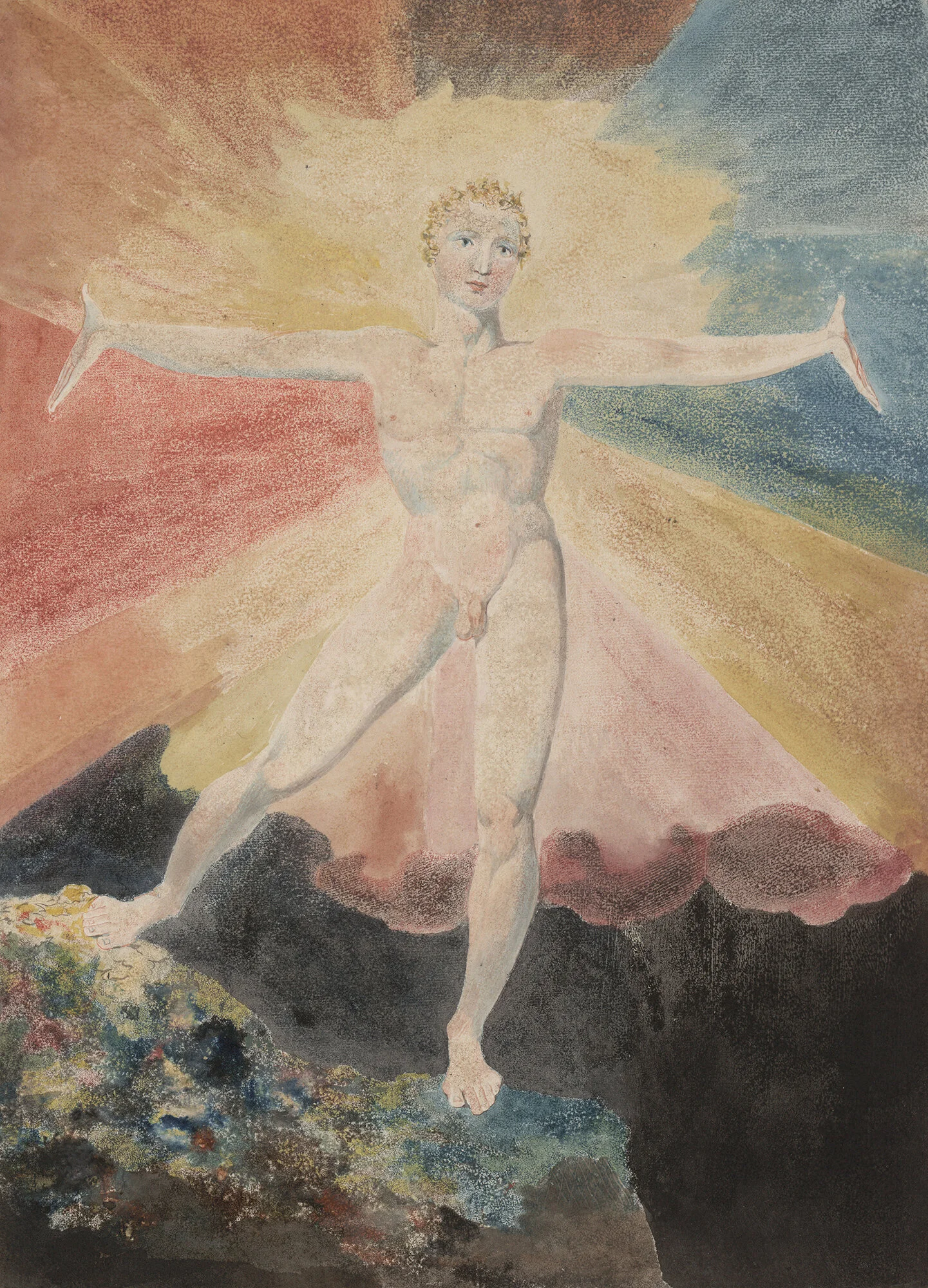Prayer Composed by a Swarm of Bees
“Nothing is healed or fixed: it is shattered and given back.”
Disjecta Membra: Some Notes on Mandelstam
Philippe Jaccottet’s 1981 essay on Osip Mandelstam, with poems translated by Matvei Yankelevich and John High.
Selections from Gaspard de la Nuit
And I wondered if I was awake or asleep, if it was the moon's paleness or Lucifer's, if it was midnight or dawn!
Joy: we believe: we don’t believe anymore
Marguerite Duras’s essay “Joy: we believe: we don’t believe anymore” (1977) translated by Mia Ruf
Three Poems
Farrokhzad speaks as a form hewn to the "line of time," trapped in the earthly realm — her sorrowful longing is one of disillusionment given the unrealizability of divine ecstasy.
Four Poems from Tentacular Cities
Four poems from Émile Verhaeren’s Tentacular Cities (1895) translated from the French by Jacob Siefring.
Genesis
And on the fourth midnight the new bride slumbered on the stretch of grass * And in the same breath, I was in the newly sprouted leaves * or in the fluttering breeze * and perhaps even in the deep waters * And the breath of the wind stirring little blossoms on the thick tree wailed in me * and bright streams of rain wept in me. *
On Literary Evolution: An Interview with Stéphane Mallarmé
An 1891 interview with Mallarmé, translated from the French by poet Cid Corman.
René Char’s “Full of Tears” translated by Stuart Kendall
When the class that, unbeknownst to our age, we continue to attend, truly reaches its end, night falls on the self. What’s the use of clarifying it, full of tears?
Review of Georges Braque: a Methodical Adventure by Pierre Reverdy
We seek to utilize the force of our creative ability to fashion a world of our own or thereby change that which is given.
Subandhu - Vāsavadattā
Then, early one morning, as the night was thinning out; as — like a ball of alms rice whitened with yogurt in the hand of the mendicant called Time; like a lump of foam on the dark river of the night sky; like a fragment of the celestial nymph Menakā’s white crystal nail file; dappled as beautifully as a honeycomb
Interview with Austin Carder
“The category of experience connects original composition to translation. Just as poets shape their experience into a poem, the translator shapes a more specific experience, the experience of the original poem, into the translation.”
Ioan Flora // Andreea Iulia Scridon & Adam J. Sorkin
“I decided early that poetry is made of exact details.” Ultimately, in his poetry, [Flora’s] details are raised far beyond prosaic, everyday specification, simple catalogues of what make up, to use the title of one of his early books, The Physical World (1977).
Franca Mancinelli // John Taylor
The act of writing, as Mancinelli conceives of it, takes her into her darkroom, a “place of the unknown, where [her] demons nestle [and her] most tenacious and impenetrable shadows [can be found].”
Claudia Masin // Robin Myers
Selections from Intact (2018) by Claudia Masin, translated from the Spanish by Robin Myers.
nude culture
“The visitor wanted to create some very special clothing for the special person, like nobody had ever seen.”
Jacek Gutorow // Piotr Florczyk
Selections from Invisible by Jacek Gutorow, translated from the Polish by Piotr Florczyk.
Review of Theater Symptoms by Robert Musil
Ioanna Kostopoulou reviews Genese Grill’s translation of Robert Musil’s Theater Symptoms




















